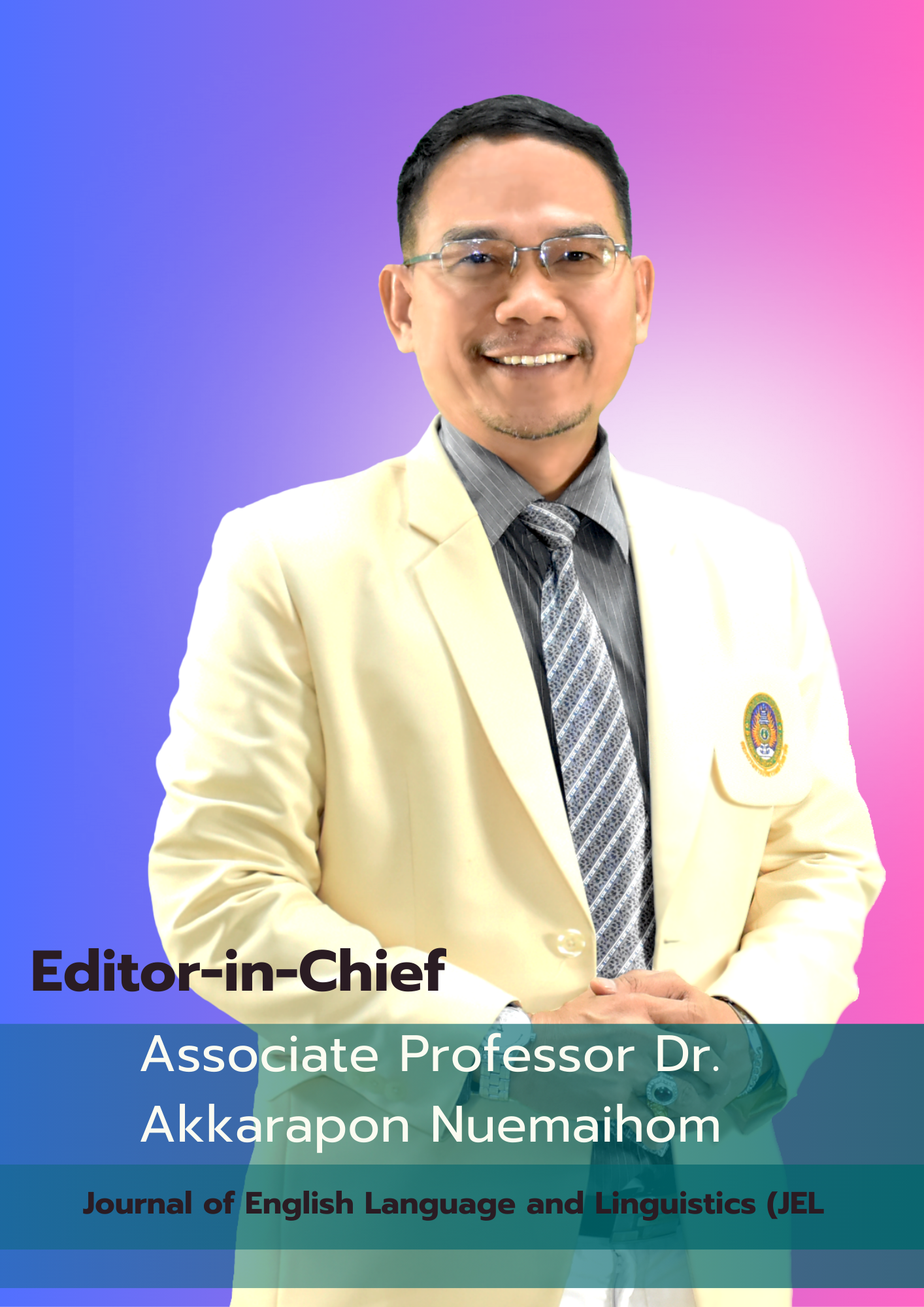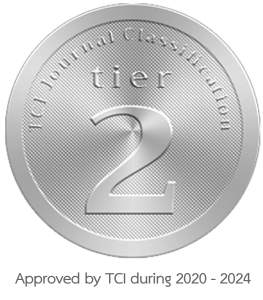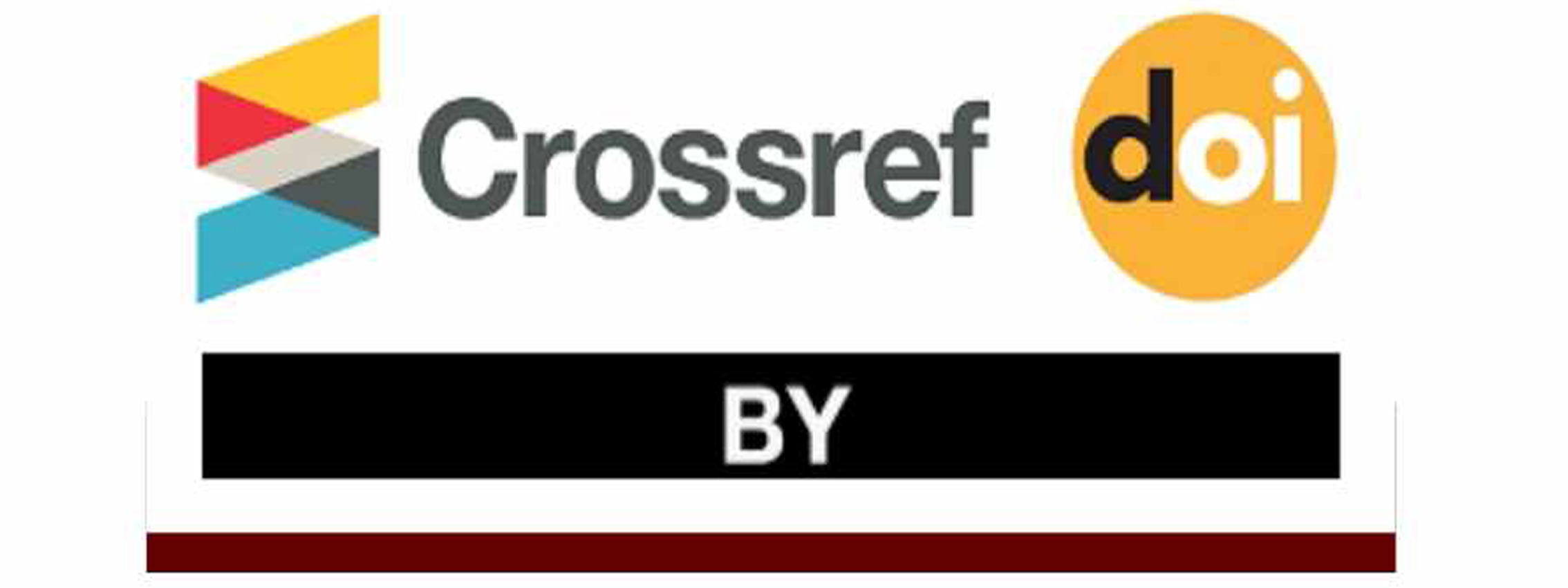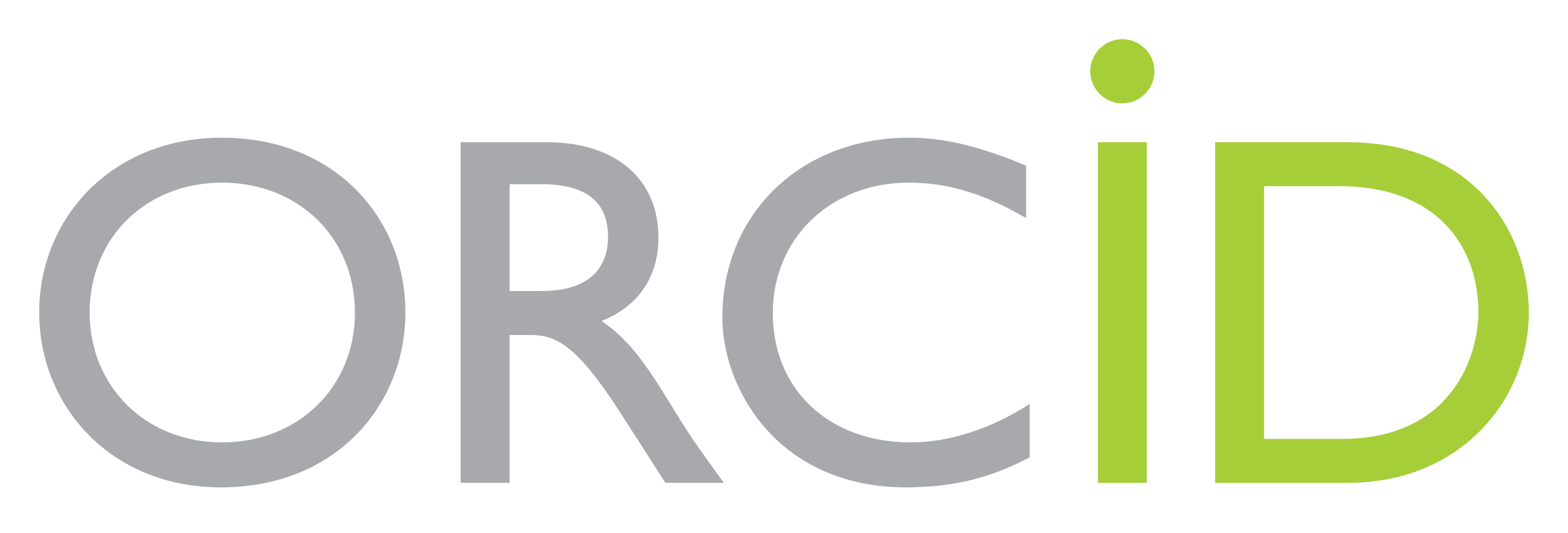An investigation into the beliefs of primary school teachers in Bhutan on written corrective feedback
DOI:
https://doi.org/10.62819/jel.2024.197Keywords:
Bhutanese primary teachers, teachers’ beliefs, written corrective feedbackAbstract
For ESL students in English language classrooms, writing poses a challenge, where students commit numerous errors, however effective corrective feedback from teachers can aid improvement. Consequently, teachers must recognize their viewpoints on the best methods for providing written feedback. In light of this, this study intended to ascertain the opinions of Bhutanese primary school teachers, specifically those who teach students in grades PP to VI, regarding written corrective feedback (WCF). The interaction hypothesis, which serves as the theoretical basis for this study, contends that classroom interaction, essential to language acquisition includes teachers’ corrective feedback. A questionnaire was distributed to ten English teachers to get more insight into their perspectives on WCF. The Likert Scale was employed to measure teacher’s responses to the closed-ended questionnaire. The results demonstrated that nearly everyone had favorable opinions about written corrective feedback on students' work. The results implied that to give teachers and students more knowledge and awareness of WCF, they should both have the chance to participate in training related to feedback. Hence, language teachers would be able to provide students with a suitable WCF to help students enhance their writing skills.
References
Abbuhl, R. (2021). Interactionist approach to corrective feedback in second Language acquisition. The Cambridge Handbook of Corrective Feedback in Second Language Learning and Teaching, 44–64. doi:10.1017/9781108589789.003
Bitchener, J. (2012). Written corrective feedback for L2 development: Current knowledge and future research. TESOL Quarterly, 46(4), 855-60.
Bitchener, J., & Ferris, D. R. (2012). Written corrective feedback in a second language acquisition and writing. New York, NY: Taylor and Francis.
Bitchener, J., & Storch, N. (2016). Written corrective feedback for L2 development. Multilingual Matters.
Borg, M. (2001). Teachers' beliefs. ELT Journal, 55(2), 186-188.
Casanave, C. P. (2003). Looking ahead to more socio-politically-oriented case study research in L2 writing scholarship: But should it be called “post-process”? Journal of Second Language Writing, 12(1), 85-102.
Creswell, J. W., & Creswell, J. D. (2018). Research design. Qualitative, quantitative, and mixed method approaches. SAGE.
Ellis, R. (2009). Corrective feedback and teacher development. L2 Journal, 1(1), 3-18.
Ellis, R. (1993). The Structural Syllabus and Second Language Acquisition. TESOL Quarterly, 27(1), 91.
Ferris, D. (2003). Response to student writing: Implications for second language students: Routledge.
Ferris, D. (2007). Preparing teachers to respond to student writing. Journal of Second Language Writing, 16(3), 165-193.
Ferris, D., & Roberts, B. (2001). Error feedback in L2 writing classes: How explicit does it need to be? Journal of Second Language Writing, 10(3), 161-184.
Fives, H., & Buehl, M. M. (2012). Spring cleaning for the “messy” construct of teachers’ beliefs: What are they? Which have been examined? What can they tell us? APA Educational Psychology Handbook, 2, 471–499.
Guenette, D., & Lyster, R. (2013). Written corrective feedback and its challenges for preservice ESL teachers. Canadian Modern Language Review, 69(2), 129-153.
Halabieh, M. (2019). Corrective feedback from cognitive theories perspective (interaction hypothesis, output hypothesis, & noticing hypothesis). International Conference on Business, Education, Innovation, and Social Sciences, 64-69.
Hyland, K., & Hyland, F. (2006). Feedback in second language writing: Contexts and issues: Cambridge University Press.
Hyland, F. (2003). Focusing on form: Student engagement with teacher feedback. System, 31(2), 217-230. doi:10.1016/S0346-251X(03)00021-6
Indrastana, N. S. (2018). Written corrective feedback in teaching writing: A review of theory, research, and practice. Journal of English in Academic and Professional Communication JEAPCo, 5(1), 34- 42.
Jamtsho, Y., & Sherpa, S. Z. (2020). Written corrective feedback: Comparing Bhutanese middle secondary ESL students and teacher’s perspective. RABSEL-The CERD Educational Journal, 21(2), 41-59.
Jiang, X., & Zeng, L. (2011). The efficacy of college English teacher written corrective feedback- An empirical study with a new perspective. Shandong Foreign Language Teaching, (4), 56-61.
Ko, K. (2010). Perceptions of KFL/ESL teachers in North America regarding feedback on college student writing Presented in partial fulfillment of the requirements for the degree Doctor of philosophy, The Ohio State University.
Larsen-Freeman, D., & Anderson, M. (2011). Techniques and principles in language teaching. Oxford University Press.
Lee, I. (2004). Error correction in L2 secondary writing classrooms: The case of Hong Kong. Journal of Second Language Writing, 13(4), 285-312.
Lee, I. (2016). Teacher education on feedback in EFL writing: Issues, challenges, and future directions. TESOL Quarterly, 50(2), 517–527.
Lightbown, P. M., & Spada, N. (2013). How languages are learned. Oxford handbooks for language teachers. Oxford: Oxford University Press.
Long, M. H. (1996). The role of the linguistic environment in SLA. In W. C. Ritchie and T. K. Bhatia (Eds.), Handbook of SLA (pp. 413-468). San Diego, CA: Academic Press.
McMartin-Miller, C. (2014). How much feedback is enough? Instructor practices and student attitudes toward error treatment in second language writing. Assessing Writing, 19, 24-35.
Namaziandost, E., & Esfahani, R. F. (2018). The Impact of Writing Practices on Enhancing Productive Skills Among Pre-Intermediate EFL Learners. ASEAN Journal of Teaching and Learning in Higher Education, 10(1), 61-80.
Namaziandost, E., & Nasri, M. (2019). A meticulous look at Long’s (1981) interaction hypothesis: Does it have any effect on speaking skills? Journal of Applied Linguistics and Language Research, 6(2), 218-230.
Nation, I. S. P., & Macalister, J. (2010). Language curriculum design. NY: Routledge.
Norouzian, R., & Farahani, A. A. K. (2012). Written error feedback from perception to practice: A feedback on feedback. Journal of Language Teaching and Research, 3(1), 11-22.
Pearson, W. S. (2018). Written corrective feedback in IELTS writing task 2: Teachers' priorities, practices, and beliefs. TESL-EJ, 21(4), 1-32.
Purnomo, W.W., Basthomi, Y., & Prayogo, J. A. (2021). EFL university teachers’ perspectives in written corrective feedback and their actual applications. International Journal of Evaluation and Research in Education (IJERE), 10(3), 1089- 1099.
Rajagopal, N. (2015). A teacher’s written corrective feedback: Beliefs and practices Presented in partial fulfillment of the requirements for the degree of master of English as a second language, University of Malaya.
Santa, T. (2008). Dead letters: Error in composition. Hampton Press.
Sakrak-Ekin, G., & Balcikanli, C. (2019). Written corrective feedback: EFL teacher’s beliefs and practices. The Reading Matrix: An International Online Journal, 19(1), 114- 128.
Storch, N. (2018). Written corrective feedback from sociocultural theoretical perspectives: A research agenda. Language Teaching, 51(2), 262 277.
Truscott, J. (2010). Some thoughts on Anthony Bruton’s critique of the correction debate. System, 38, 329–335.
Van Beuningen, C. G., De Jong, N. H., & Kuiken, F. (2011). Evidence on the effectiveness of comprehensive error correction in second language writing. Language Learning, 62(1), 1–41.


















